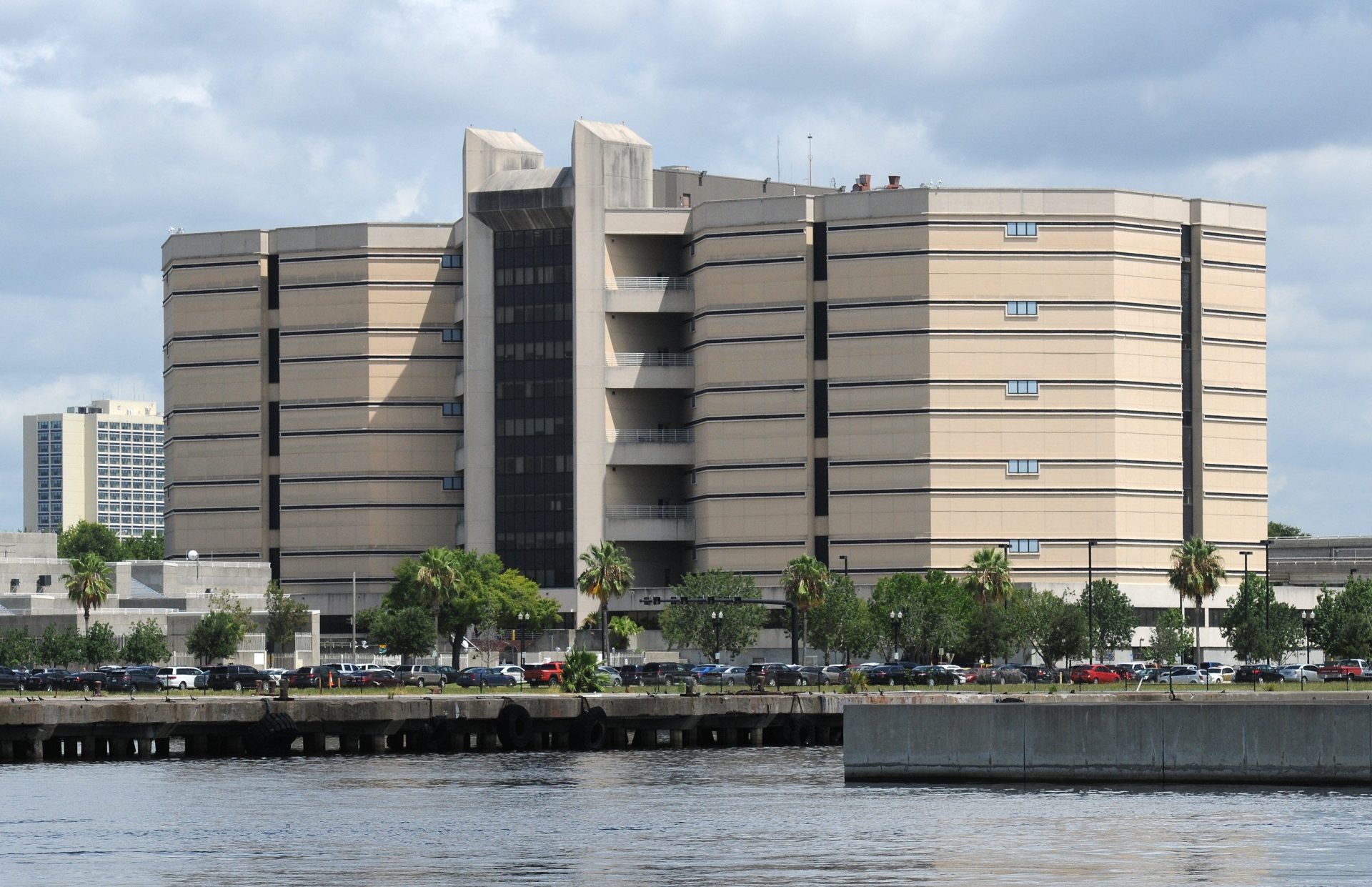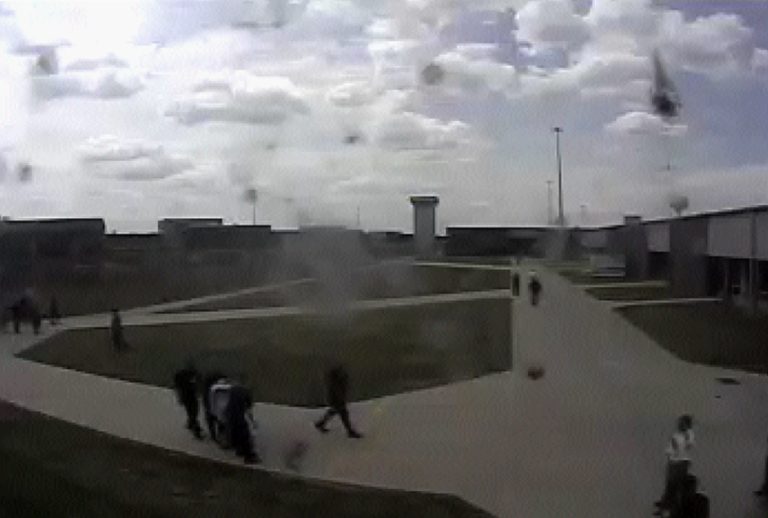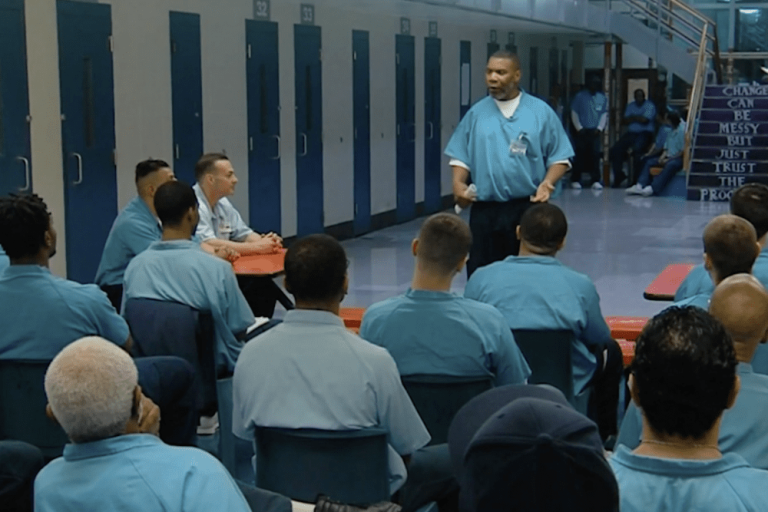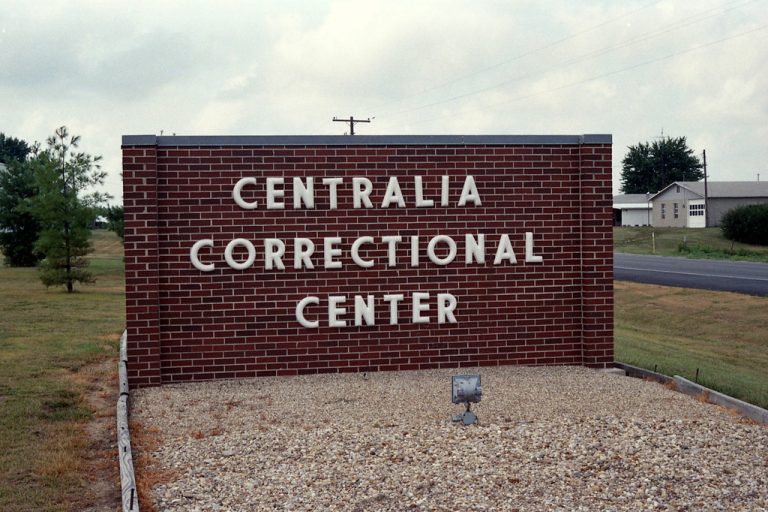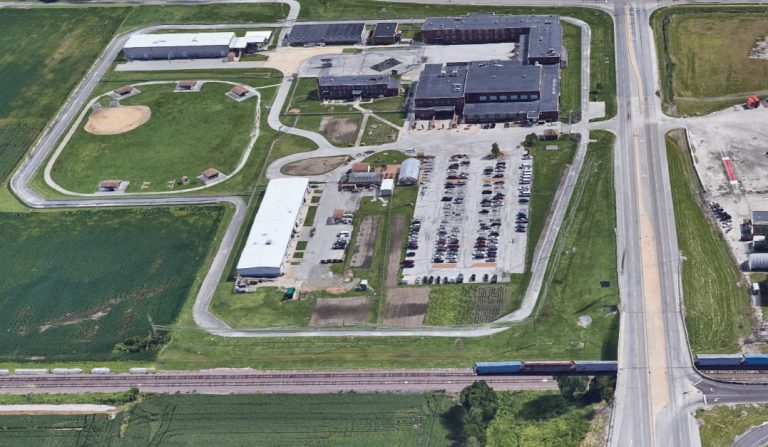Jacksonville Correctional Center
In today’s world, correctional facilities play a crucial role in maintaining law and order while focusing on inmate rehabilitation and community safety. One such notable institution is the Jacksonville Correctional Center, located in Jacksonville, Illinois. Serving as a pivotal part of the state’s criminal justice system, this facility strives to offer a secure environment for inmates while providing comprehensive programs to aid their reintegration into society. In this article, we will delve into the various aspects of the Jacksonville Correctional Center, including its history, facilities, inmate programs, challenges, and future prospects.
Visiting Hours
Jacksonville Correctional Center Visiting Schedule
Inmates at the Jacksonville Correctional Center are permitted seven visits each month. However, it’s important to note that only three of these visits can occur on weekends or holidays. The visiting hours for the center are from 8:30 AM to 7:00 PM every day. Visitors should plan their trips accordingly, as entry is not allowed between 2:30 PM and 3:00 PM. Arriving before 6:00 PM is essential for admission.
Contact Information
For those who wish to get in touch with the Jacksonville Correctional Center, here is the relevant contact information:
- Physical Address: Jacksonville Correctional Center 2268 East Morton Avenue Jacksonville, IL 62650
- Telephone: (217)-245-1481
- Inmate Mailing Address: Inmate Name, ID Number Jacksonville Correctional Center 2268 East Morton Avenue Jacksonville, IL 62650
Introduction
The Jacksonville Correctional Center serves as a significant correctional facility in Illinois, housing inmates convicted of various crimes. Established with the primary objectives of confinement, rehabilitation, and public safety, this institution plays a vital role in maintaining order within the state’s criminal justice system.
Overview of Jacksonville Correctional Center
The Jacksonville Correctional Center is a medium-security facility designed to accommodate a specific number of inmates. With a focus on inmate welfare and rehabilitation, the center offers a range of programs and services aimed at reducing recidivism rates and preparing inmates for successful reintegration into society upon their release.
History and Background
Established in [year], the Jacksonville Correctional Center has a rich history intertwined with the state’s corrections system. Initially designed to meet the growing needs of a changing society, the facility has undergone various developments and transformations to better serve its purpose.
Facilities and Security Measures
The Jacksonville Correctional Center boasts a well-structured facility, equipped with modern amenities and security measures. The center incorporates state-of-the-art technology, surveillance systems, and secure housing units to ensure the safety of both inmates and staff.
Inmate Programs and Rehabilitation
Recognizing the importance of rehabilitation in reducing recidivism rates, the Jacksonville Correctional Center provides a comprehensive range of inmate programs. These programs encompass educational, vocational, and therapeutic activities, empowering inmates with valuable skills and knowledge to enhance their prospects upon release.
Staff and Administration
The dedicated staff and administration of the Jacksonville Correctional Center play a pivotal role in maintaining a safe and supportive environment. From correctional officers to counselors and medical professionals, the collaborative efforts of the team contribute to the overall well-being of the inmates.
Healthcare and Mental Health Services
The Jacksonville Correctional Center places great emphasis on the physical and mental health of its inmates. With an on-site healthcare unit staffed by qualified medical professionals, the facility ensures that inmates have access to necessary healthcare services and mental health support.
Challenges and Controversies
Like any correctional facility, the Jacksonville Correctional Center faces its fair share of challenges and controversies. Issues such as overcrowding, limited resources, and the prevalence of substance abuse within the inmate population pose ongoing challenges that require innovative solutions.
Community Engagement and Outreach
The Jacksonville Correctional Center recognizes the importance of community engagement and collaboration. The facility actively seeks partnerships with local organizations, businesses, and educational institutions to provide opportunities for inmates to develop skills and establish a support network upon their release.
Recidivism Rates and Success Stories
Measuring the success of rehabilitation efforts is often reflected in the recidivism rates of former inmates. The Jacksonville Correctional Center strives to implement evidence-based practices that contribute to reduced recidivism. Success stories of inmates who have successfully reintegrated into society serve as powerful testimonies of the center’s programs.
Future Developments and Expansion
In an ever-evolving criminal justice landscape, the Jacksonville Correctional Center continues to explore avenues for improvement. Future developments may involve expanding facilities, introducing innovative programs, and adopting new technologies to enhance inmate rehabilitation and community safety.
Conclusion
Jacksonville Correctional Center stands as a testament to the commitment of the Illinois Department of Corrections to inmate rehabilitation and community safety. Through its comprehensive programs, dedicated staff, and continuous efforts to improve, the facility plays a crucial role in the lives of inmates, striving to pave the way for their successful reintegration into society.
FAQs
1. What is the purpose of Jacksonville Correctional Center?
The purpose of the Jacksonville Correctional Center is to serve as a correctional facility that ensures public safety, confinement, and rehabilitation of inmates. It aims to provide a secure environment where inmates can be held accountable for their actions and have the opportunity to participate in programs that promote their personal growth and successful reintegration into society.
2. How many inmates are housed at the facility?
The number of inmates housed at the Jacksonville Correctional Center can vary over time. As a medium-security facility, it has a specific capacity to accommodate a certain number of inmates. The exact number of inmates can be subject to fluctuations due to factors such as transfers, releases, and new admissions.
3. Are there educational programs available for inmates?
Yes, the Jacksonville Correctional Center offers educational programs for inmates to enhance their knowledge and skills. These programs can include adult basic education, high school equivalency preparation, vocational training, and college courses. By providing educational opportunities, the facility aims to equip inmates with valuable skills that can improve their employability and contribute to their successful reintegration into society.
4. What measures are in place to ensure inmate safety?
The Jacksonville Correctional Center implements various measures to ensure inmate safety within the facility. These measures include regular security patrols, surveillance systems, strict adherence to protocols and procedures, controlled access to different areas, and staff training on emergency response. Additionally, the facility provides medical and mental health services to address the healthcare needs of inmates, promoting their overall well-being and safety.
5. Can family members visit inmates at the center?
Yes, family members of inmates at the Jacksonville Correctional Center are generally allowed to visit their loved ones. However, specific visitation rules and procedures may be in place to ensure security and order. Visitors typically need to go through a registration process and adhere to certain guidelines regarding behavior and prohibited items. It is advisable to check the facility’s official website or contact the administration for detailed information on visitation schedules and requirements.

